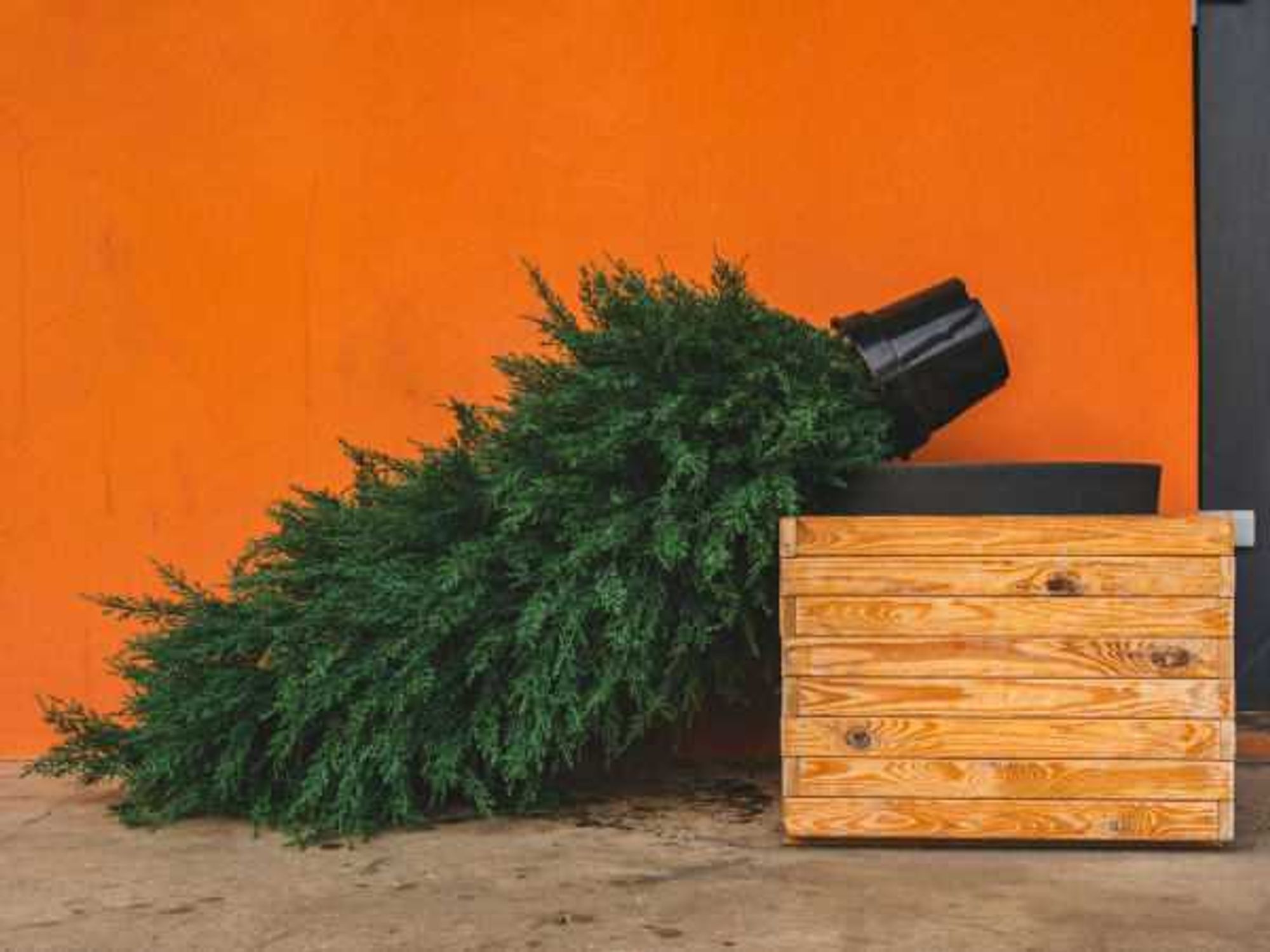building families
Cross-continental charity: Austinite Liona Lovings creates home sweet home forNicaraguan orphans
Liona Lovings grew up in Pearl Lagoon, Nicaragua, as the fourth of nine children. Neither of her parents had a job—her mother took care of the children and her father fished and found other food for them to eat. Many days, they didn’t eat anything at all.
Now living in Austin and working as a home health care nurse, Lovings is building a nonprofit orphanage called Children’s Home Sweet Home in her hometown on Nicaragua’s Caribbean coast to help children in similarly dire circumstances, and worse.
In October, Central America was hit by severe flooding that displaced hundreds of thousands of people in the region, and affected a total of 1.9 million, according to MarketWatch. In Nicaragua alone, 133,000 of the country’s six million people have been affected, and there have been at least 16 deaths. Nicaraguan leader Daniel Ortega has declared a state of emergency.
As the second-poorest country in the Western Hemisphere, relief efforts in Nicaragua have been slow. For those affected by the flooding, finding food and shelter are primary concerns that may continue for quite some time. Lovings’ organization, once up and running, may literally save lives.
The 501c3 nonprofit is currently working on fundraising and constructing the first building of the facility. A local donor has offered to match donations up to $10,000. Lovings is also looking for volunteers to accompany her to Nicaragua in late February, and future trips will likely take place in June and October.
Lovings’ own history of growing up poor has shaped her desire to help other Nicaraguan children. At 14, an older man got her pregnant, and at 15, she had her first baby. Over the next few years, she had two more children; she and the man eventually married, then divorced not long after.
Lovings had always been close to her father; in 1989, when she was 28, a single mother of three in the midst of the divorce, her father was brutally murdered. “I was the apple of my daddy’s eye,” Lovings says. “I was so spoiled. … When he passed away, it was like two-thirds of my life was gone with him, and I had to live with one-third and I couldn’t do it,” she said.
She had a sister and aunt who were living in Tennessee, and they invited her to come stay with them for a vacation. “After I [saw] that I could change my life here, I stayed, and now I’m a U.S. citizen with three children and seven grandchildren,” she said.
“After the murder happened and I came here, I was mad with the world,” Lovings says. “I thought leaving was a good thing for me. I was going to go back to Nicaragua never ever again.” Then one day, Lovings’ brother called her from Nicaragua and told her that many of the people from the Pacific coast were coming to the Caribbean coast and taking the land there. He wanted to protect the land where their grandparents had worked many years earlier, but no one in the family wanted it. Lovings told him she didn’t want it either.
He called again one day and said, “‘Sis, are you sure you don’t want it?’ I said, ‘What am I going to do with it?’ When he call[ed] the third time, he said, ‘Sis, this is your last chance. If you don’t want it, I will give it up and forget about it.’ I said, ‘OK, go ahead and trim it up, I’m coming.’”
Fourteen years after leaving Nicaragua, Lovings went home. She saw that nothing had changed. There were many children wandering around on their own. “It takes me right back to where I started from when I was little,” she said. “I know those kids have lots of potential, but they don’t even know what their potential is. Many of these kids [are] abandoned because their parents [are] on drugs, then these kids are going to grow up and do what they see their mom do, because most of these kids have only one parent and that’s their mother.”
Lovings knew she had to do something to help. She decided to use the entire plot of land to build an orphanage—100 manzanas, or over 174 acres. Using her own money (that she’d been saving to pay off her house), as well as generous donations, Lovings filed for 501c3 status, built the foundation for the first building and built a road into the property to connect it with the nearby towns of Pearl Lagoon and Kukra Hill.
In addition to fundraising, Lovings is currently preparing to start farming on the land as part of the project. She plans to plant coconuts, plantains, pineapples and bananas, and will raise cattle, chickens and goats. This will provide the children at the orphanage with food, and will also give them enough left over to sell so that the project will be self-sustaining.
Currently, the land is home to a mother and her seven children, who were previously camping in the jungle. Lovings built them a temporary home, and sends them $100 a month to feed the children. When completed, the buildings will house at least 90 orphans and abandoned children.
For some of the victims of the October flooding, the orphanage can’t come fast enough. But it’s not just recovery that Lovings is aiming for—it’s creating a better future. Before she left Nicaragua, she spent eight years working as a teacher, but “if I could have, I would have wanted to be a brain surgeon,” she said, “but we didn’t have that luxury. But if we had a little help, we could’ve done a lot… I’m going to find [the potential in these kids] and make them be somebody.”
---
Read more of Lovings' story at https://howwelivestories.com. To learn more about Children’s Home Sweet Home and/or to donate to the organization, visit www.childrenshomesweethome.org.
